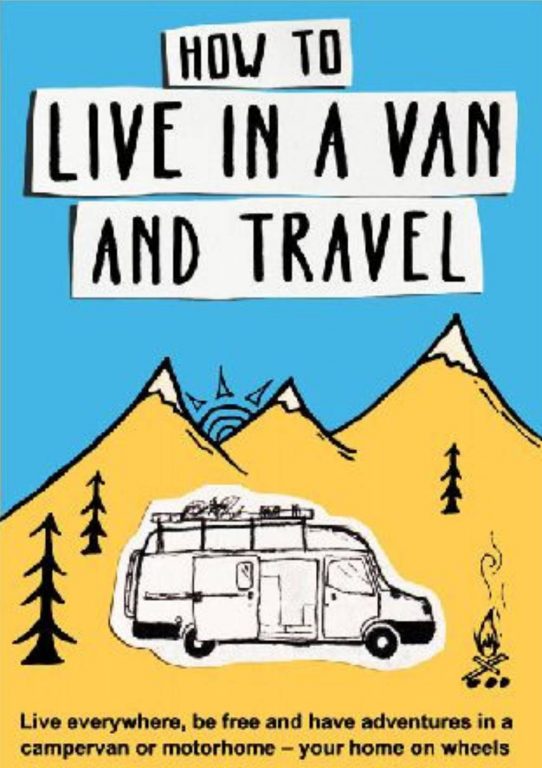Visa regulations are always subject to change, so check with the embassies before you start your journey. A brief guide is given below.
Anyone entering the EU or Morocco requires a passport that is valid for the entire duration of their stay. If your passport expires during, or soon after you intend your trip to end, renew it well before you leave home. If your passport does expire whilst you are away, contact your closest embassy immediately.
Europe
EU citizens (this includes British nationals) can move freely between all other EU nations, and no not require a visa. There is no border control at Schengen State borders.
Citizens of Australia, New Zealand, Canada and the USA can enter the EU without a visa and stay for 90 days.
Citizens of other countries require a visa for the country they are visiting, which should be obtained from the relevant embassy from their home country. Check that the visa allows you to visit all of the countries on your itinerary Entry to one country does not guarantee access to others (except the Schengen States).
Britain
Britain is an EU member state, so EU citizens are free to enter and stay without a time limit.
Citizens of the following countries do not need visas: Australia, New Zealand, Canada, South Africa and the USA. These citizens can stay for up to six months, but must show sufficient funds for their stay, as well as a booked return ticket. If you wish to stay longer than six months you must contact the Home Office (tel: 020 8686 0688).
Check www.fco.gov.uk for complete entry requirement details for the UK.
Morocco
Morocco is outside of the EU and Schengen Agreements. A valid passport is required but citizens of Britain, USA, Canada, Australia and New Zealand, as well as most EU countries, do not need a visa. Check with the Moroccan Embassy. Entry is normally valid for three months. Extensions can be applied for at the Bureau des Estrangers in larger towns and cities.





